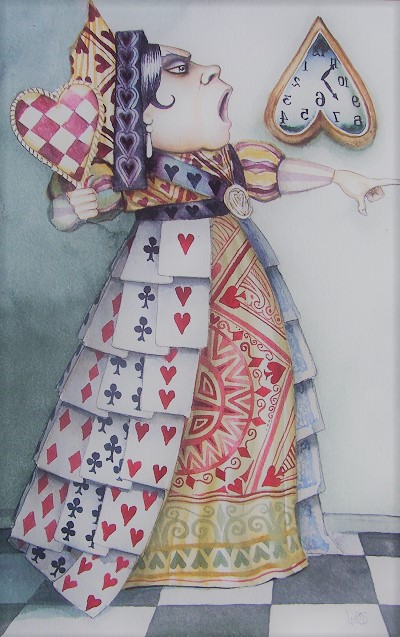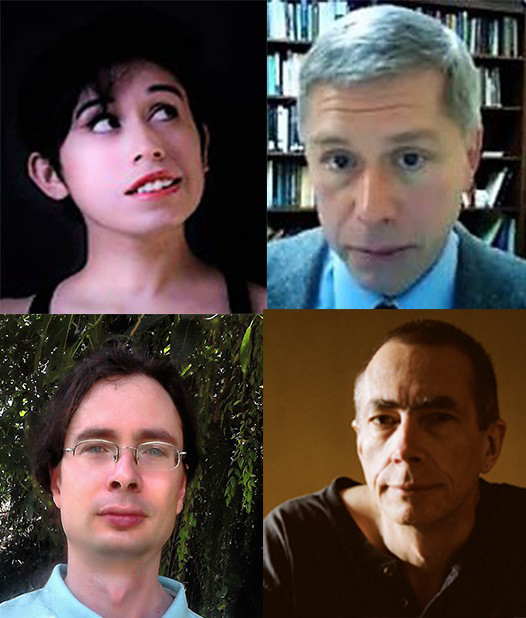Reflections on Paraconsistency
Workshop at UNILOG'2018 organized by
Franca D'Agostini
Elena Ficara Paraconsistent logics form a lively sector of the discipline we call
Philosophical Logic. The idea that contradictions are – in some cases or in some
way – acceptable without «explosion» of our rational systems has been developed
by paraconsistent logicians also with reference to epistemological and
metaphysical implications, and there is a wide literature on the theme. However,
the arising of contradictions, and the need of coming to terms with them, has
also ethical, political and more generally practical implications that sometimes
fade into the background.
3. In ethical and generally practical perspective: - Disagreements and dilemmas are typical contexts in which the occurring of
contradictions has political consequences: how can we use the theories of
paraconsistent logicians to deal with these occurrences?
- Is Orwell’s analysis of the contradictory language of power (the newspeak)
still appropriate, nowadays, face to the positive «explosion» of communication
produced by our «information era»? Call for papers We invite contributions on all aspects of paraconsistency and contradiction. Topics include: Abstracts (one page) should be sent by November 15, 2017 via e-mail to: elena.ficara@upb.de
|
|
Keynote Speakers
Jonas Becker Arenhart,
UFSC, Florianópolis, Brazil,
“Material exclusion, contradictions and other oppositions” Contributing Speakers Jonas R. Becker Arenhart, and Ederson Safra Melo, Department of Philosophy, Federal University of Santa Catarina, Brazil and Department of Philosophy, Federal University of Maranhãao, Brazil, “(De)motivating Gluts”Hakob Barseghyan, Institute for the History and Philosophy of Science and Technology, University of Toronto, Canada, “The Role of Paraconsistency in Scientific Change” Gregory Carneiro, Department of Philosophy, University of Brasília, Brazil, “A paraconsistent approach to da Costa's deontic logic: beyond contradictions and triviality” Ebubekir Muhammed Deniz, Istanbul 29 Mayis University, Istanbul, Turkey, “On the Possibility of Dialetheic Metaphysics” Peter Eldridge-Smith, School of Humanities, Australian National University, Centre for Strategic Business Studies, Australia, “Paradoxes, Hypodoxes, Hypodox-paradox duality and Hypodoxical Paradoxes” Ben Martin, Queen's University, Kingston, Canada, “What is a Contradiction?” Manuel A.Martins and Diana Costa, Department of Mathematics, University of Aveiro, Portugal, “How to Compose Programs in Belnapian Dynamic Logic?” Adam Trybus, Institute of Philosophy, University of Zielona Góra, Poland, “Paraconsistency meets refutation: a case of maximality” Max Urchs, University of Business and Law, Wiesbaden, Germany, “Reasoning about Complexity Needs Reflections on Paraconsistency” Katherine Valde, Philosophy Department, Boston University, USA, “On the Possibility of Metaphysical Dialetheism” Back to the 6th Universal Logic Congress | |||


 SCHEDULE
SCHEDULE 